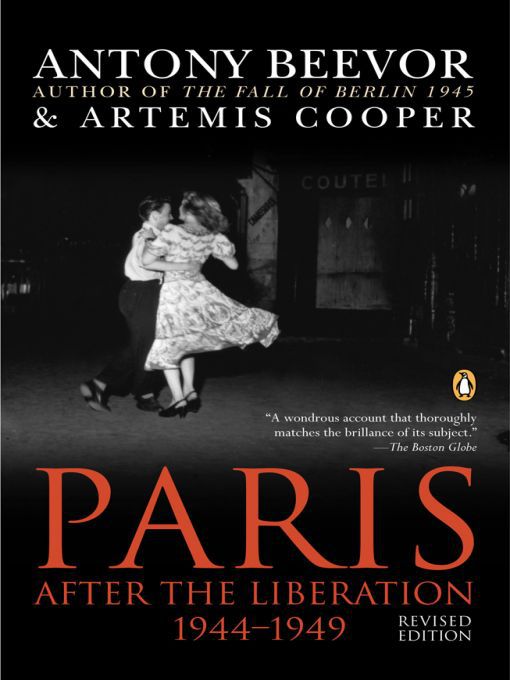
Paris After the Liberation 1944-1949
کتاب های مرتبط
- اطلاعات
- نقد و بررسی
- دیدگاه کاربران
نقد و بررسی

July 4, 1994
Early postwar France saw the trials of collaborationist leaders, de Gaulle's reestablishment of the republic and his abrupt resignation in 1946, widespread panic at the prospect of a Communist or right-wing coup and the arrival of Marshall Plan aid, which rescued the country from economic collapse. This engaging chronicle set in Paris--a magnet for Picasso, Sartre, de Beauvoir, Camus, Wright, Orwell, Hemingway, Breton, Koestler, Philby--captures the desperation and exhilaration of those years through a blend of history, eyewitness accounts, interviews, telling incident and gossip. Beevor ( The Spanish Civil War ) and Cooper ( Cairo in the War: 1939-1945 ) illuminate the blind Stalinism of France's ``progressive'' intelligentsia, protracted enmity between resisters and collaborators, early years of the Cold War and France's love-hate relationship with the U.S.

January 1, 2005
Beever and Cooper's highly regarded 1994 volume profiles the political fallout in Paris following the defeat of the Nazis and the rise of communism. It was a time when U.S. and other Allied troops were considered by many French citizens to be the new invaders trying to take over their country.
Copyright 2005 Library Journal, LLC Used with permission.

























دیدگاه کاربران